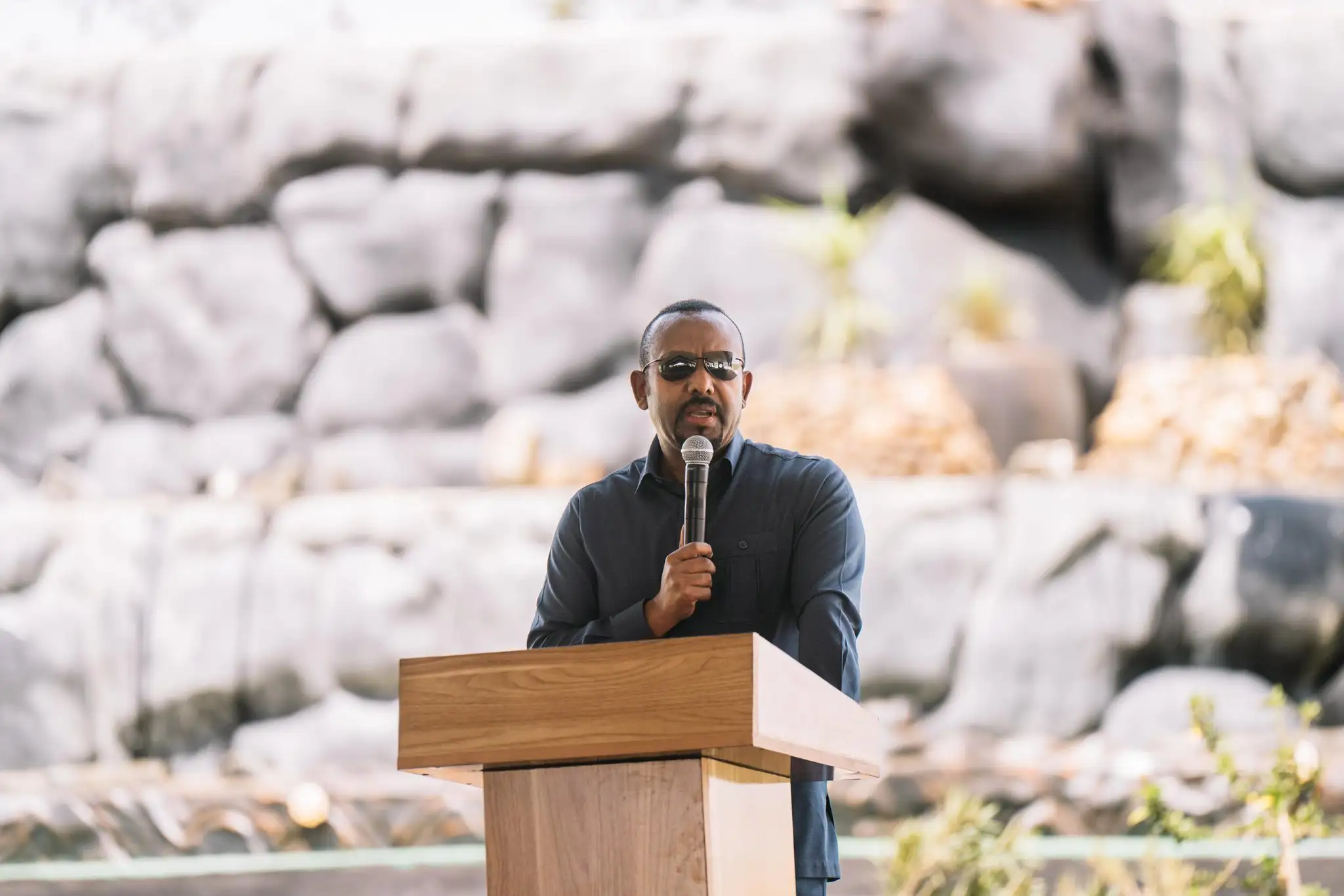A seaport is far more than just a route for ships; it is fundamental to a nation's economic prosperity and security, according to Ibrahim Mulushewa (PhD). Highlighting the importance of coastal access, he underscored its crucial role in economic diversification and international trade, especially for landlocked nations like Ethiopia.
"The sea gate is the core of national security," Ibrahim stated, emphasising that it's essential to view seaports as vital organs for any nation.
He pointed to United Nations research revealing a 10-20 per cent economic growth disparity between countries with and without seaports, a gap he attributes to the multifaceted benefits offered by maritime access.
Ibrahim cited sectors beyond transportation that thrive due to a nation’s access to the sea. Tourism, heavily reliant on coastal regions globally, contributes significantly to economic growth. He also mentioned the abundant natural resources found only in marine environments, offering significant financial value to coastal nations.
Moreover, the fishing industry, a key global economic engine, gives countries with marine access a considerable advantage. Ibrahim explained how colonial powers strategically positioned their capitals near the sea to facilitate resource extraction and trade, emphasising the historical significance of maritime control. A seaport essentially acts as a gateway, fostering economic ties between continents. Controlling a coastline allows a country to forge global economic links, he asserted, concluding with the need for Ethiopia to revisit its long-standing struggle for viable seaport access.




